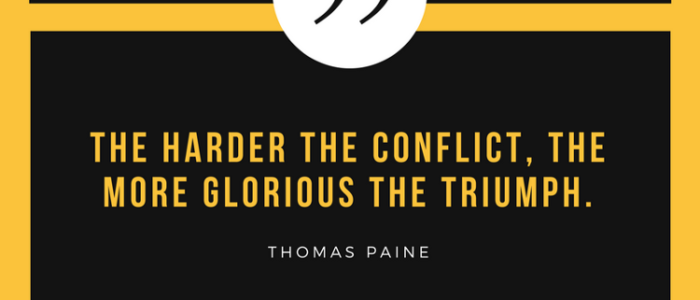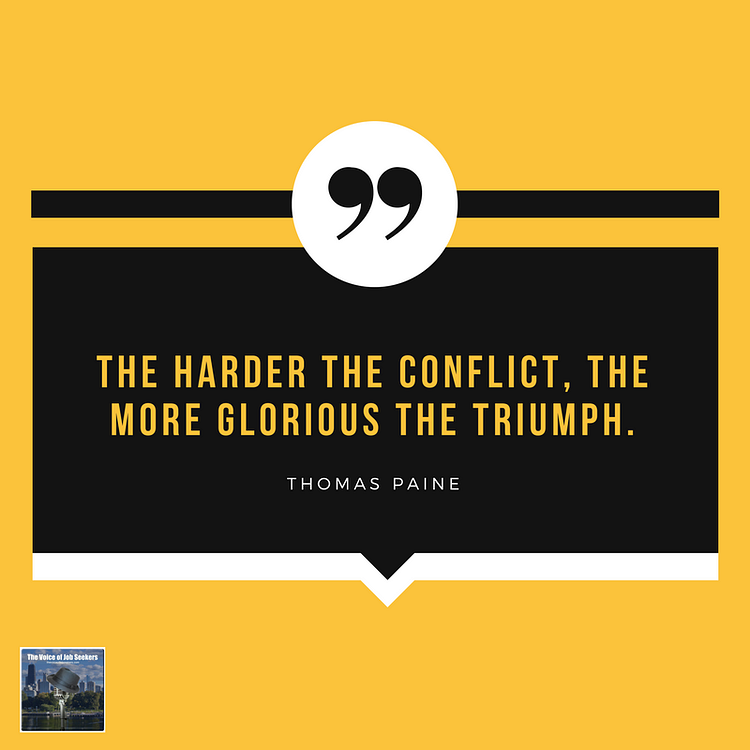
This Is Why Informative And Strategic Storytelling Gets The Job by Mark Anthony Dyson
Zanie (not her real name) was 19 when I interviewed her for a customer service position. The most refreshing thing about Zanie was how measured and tactical she appeared during the interview. Her readiness, eye contact, and directness immediately impressed my boss and I.
We were wowed before the interview even began because of how well Zanie communicated over the phone. Her phone manners convinced HR to send her over to us immediately.
“She is everything described in the job post,” the HR rep told us.
Zanie’s performance became a benchmark for how candidates should perform during the interview process – especially when using narratives to answer our questions, provide proof of her abilities, and temper our doubts.
Stories are how we prove our value to those we don’t know. People personally connect with us through the stories we tell about ourselves. If you capture the imagination of the interviewers with a good yarn, you can capture their hearts, interest, and, hopefully, a job offer.
Mac Prichard, founder of Mac’s List and author of Land Your Dream Job Anywhere, knows how important it is for job seekers to connect with employers through stories.
“Having a great story that appeals to the people you want to motivate and take action can make an enormous difference,” he says.
For job seekers who want to create narratives like Zanie did, here are a few things to keep in mind:
1. The Connection Is Critical
People remember what makes them laugh, cry, and empathize. Zanie effectively weaved emotion in her examples – e.g., “I was afraid at first to speak up. I decided it was better if I did.” Not only did this humanize Zanie, but it drew me into her stories.
2. Investigate Challenges
“Job seekers need to understand the employer’s challenges and problems, and through effective communication, they need to show how they can help solve those problems,” Prichard says.
Each of Zanie’s questions and answers during our interview proved well thought out and strategic. For example, she asked us how difficult callers were handled, and she shared an experience of hers where escalation procedures had broken down. We put Zanie’s concern to rest by explaining our processes and our success with complaints.
3. There Are Times To Replace the Data With a Tale
“Once you reach the interview, the facts matter,” Prichard says. “Your application, resume, and cover letter made the data case by showing your qualifications for the job.”
While data is essential, showing how it applies and impacts can be done through storytelling.
While Zanie came prepared with call reports and performance reviews, she focused on describing situations where her numbers made an impact rather than on the numbers themselves. These examples were more valuable than any data she could have shared.
4. The Power of the Plot Places You
You can only persuade an employer to imagine you in their open position if you share stories that help them envision you in the role.
“The interview is to find out what the employer’s needs are and to show them you’re the right person [to meet those needs,” Prichard says. “Nothing beats storytelling to accomplish those goals.”
–
When Zanie worked on my team, she was often more bashful than in the interview, but she always smiled and stepped up when the moment presented itself.
Seizing the moment – isn’t that what a successful interview requires? You have to take your chance to show your value to the organization. Your thoughtful and relevant stories can place you in the open seat.
This article was originally published on Recruiter.com and Fox Business!
About Mark Anthony Dyson
I am the "The Voice of Job Seekers!" I offer compassionate career and job search advice as I hack and re-imagine the job search process. You need to be "the prescription to an employer's job description." You must be solution-oriented and work in positions in companies where you are the remedy. Your job search must be a lifestyle, and your career must be in front of you constantly. You can no longer shed your aspirations at the change seasons. There are strengths you have that need constant use and development. Be sure you sign up to download my E-Book, "421 Modern Job Search Tips 2021!" You can find my career advice and work in media outlets such as Forbes, Inc., Fast Company, Harvard Business Review, Glassdoor, and many other outlets.



